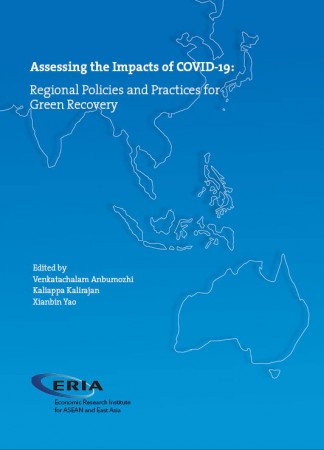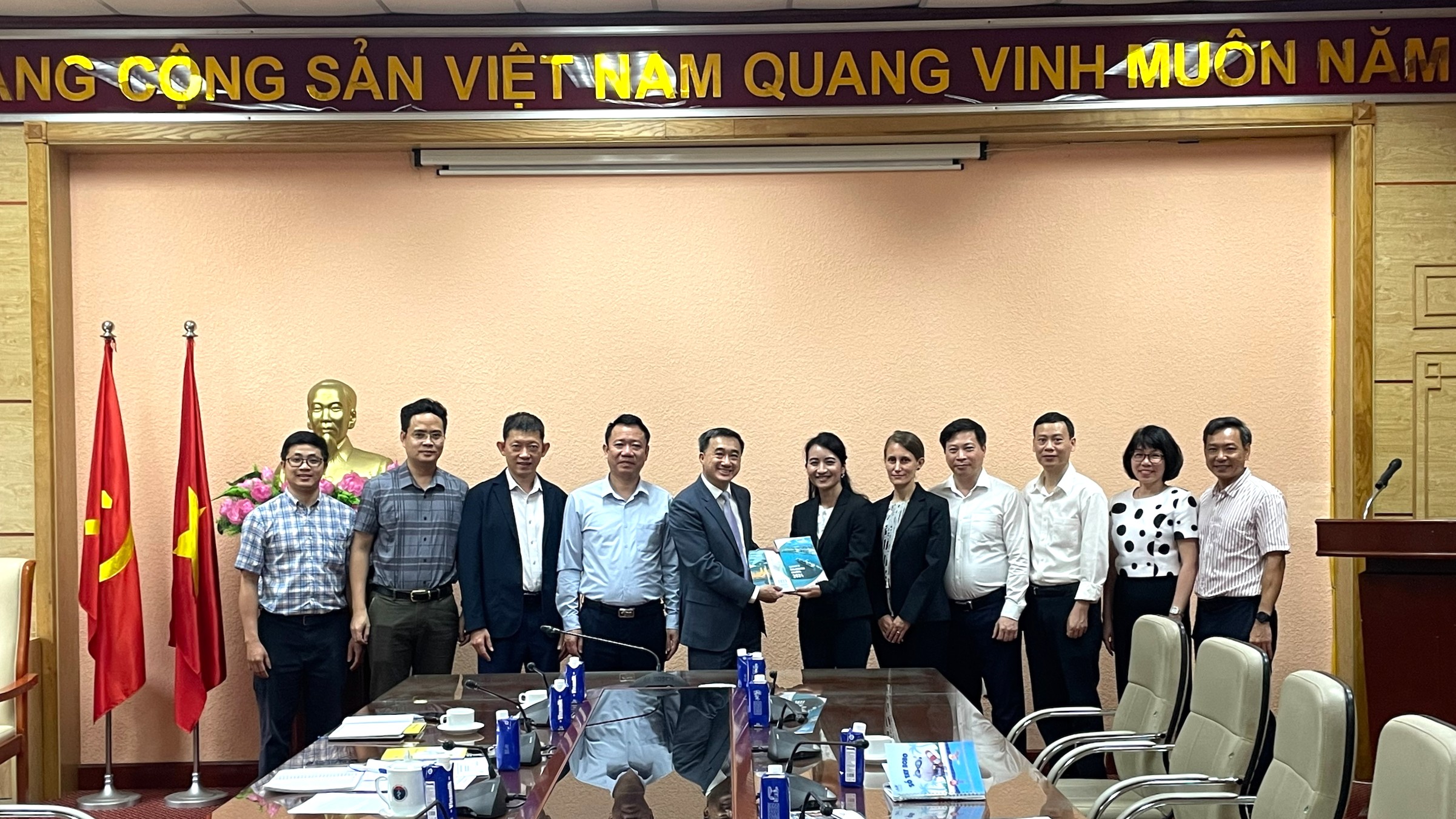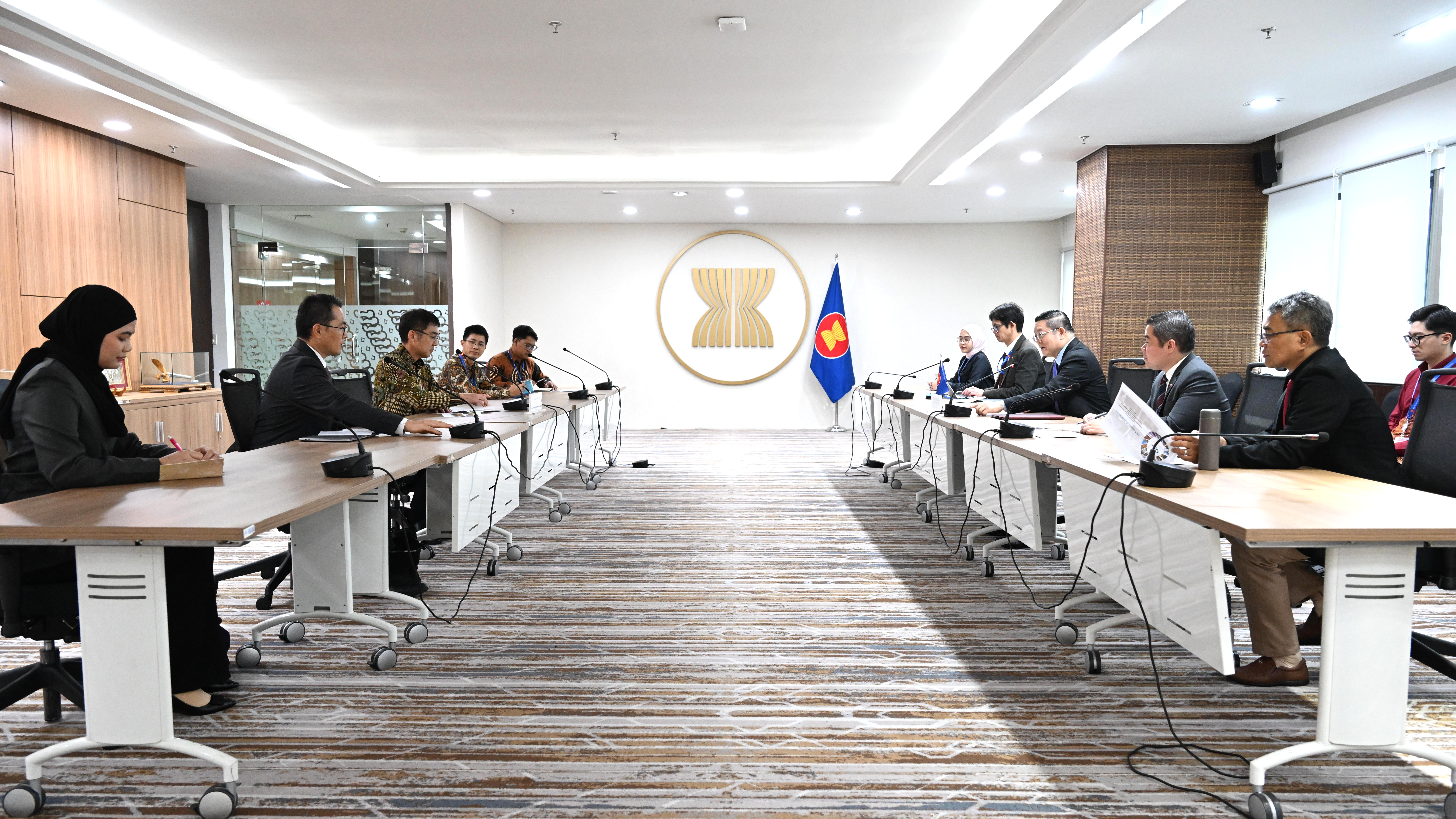Assessing the Impacts of COVID-19: Regional Policies and Practices for Green Recovery
Date:
14 June 2022Category:
-Topics:
-Share Article:
Print Article:
The COVID-19 pandemic is an unprecedented global health crisis. To contain the disease, governments in ASEAN and East Asia have implemented strict lockdowns and curbed mobility, which has stalled economic growth. As the region enters the third year of the crisis, countries have an unprecedented opportunity to use the required state interventions and accompanying stimulus policies to support a green, resilient, and inclusive recovery. Green recovery policies and practices such as investments in renewable energy, resource efficiency, low-carbon transport, and nature-based climate solutions, provide greater socio-economic benefits. This book identifies and analyses the policies and practices that have evolved during the pandemic and their impact on long-term green growth strategy. While the early governmental response to the COVID-19 pandemic had been focused on emergency health responses, in the recovery phase stimulus packages are designed to provide short-term economic gain and enhance the fundamentals of long-term sustainable growth. However, the size of stimulus packages is insufficient to support the environmentally beneficial outcomes that countries are looking for. The book concludes that countries can lay the foundations for long-term sustainability only by implementing economy recovery packages that maximise social objectives in the short term and mitigate climate change impacts in the long term. To ensure green recovery across the region, international cooperation towards implementing large-scale low-carbon energy infrastructure projects and green innovations is an absolute must, as they offer a win-win solution for most of the developing countries and the large emerging markets of the region.
Full Report
Assessing the Impacts of COVID-19: Regional Policies and Practices for Green Recovery








